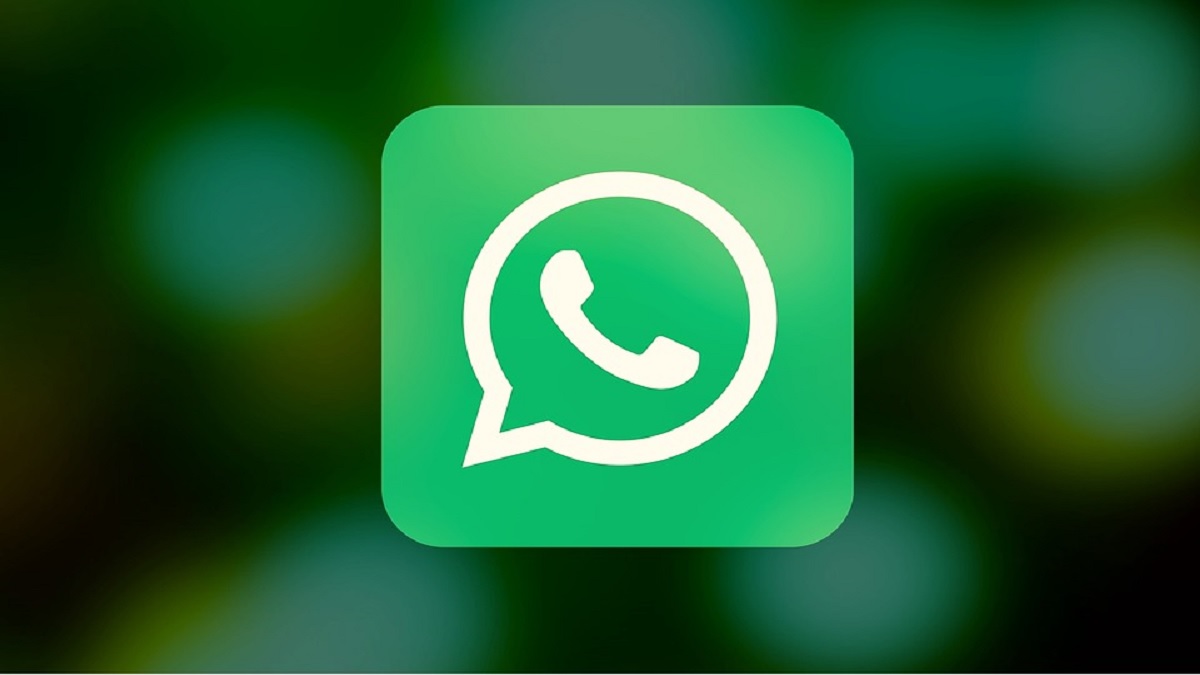WhatsApp discontinues Electron-Based desktop app, encourages users to switch to native App for an enhanced exp
The decision to deprecate the Electron-based app from WhatsApp doesn't come as a complete surprise, as the company had been notifying users for more than four weeks through a countdown displayed on the app's main screen.

WhatsApp has recently announced the deprecation of its Electron-based desktop application, marking the end-of-life phase for the software. Users who are currently using the Electron version of the app on Windows will be prompted to switch to the newly introduced native app. The native app is designed to provide a more optimized, stable, and feature-rich messaging experience on desktop devices. This move reflects WhatsApp's commitment to continually improving its services and ensuring a seamless user experience for its desktop users. By encouraging users to transition to the native app, WhatsApp aims to provide enhanced performance and a more intuitive interface, ultimately offering a better messaging experience on Windows computers.
The decision to deprecate the Electron-based app from WhatsApp doesn't come as a complete surprise, as the company had been notifying users for more than four weeks through a countdown displayed on the app's main screen. After serving users for several years based on the Electron framework, the WhatsApp desktop application has now officially reached its end.
When users open the Electron-based WhatsApp Desktop application, they will be greeted with an expiration message that explicitly states the app is no longer supported. This message encourages users to make the switch to the new native app in order to continue using WhatsApp on their Windows computers. It is worth noting, however, that the deprecation currently only affects the Windows version, as the native app has already been stable since last year.
About Electron based desktop
Electron is a versatile framework that enables the development of desktop applications using JavaScript, HTML, and CSS. It achieves this by incorporating Chromium and Node.js into its binary, offering the advantage of a unified JavaScript codebase. With Electron, developers can create cross-platform applications that seamlessly operate on Windows, macOS, and Linux, eliminating the need for specific native development expertise. This approach simplifies the development process and empowers developers to build robust desktop applications for multiple operating systems effortlessly.
ALSO READ: WhatsApp adds 32-person video calling feature for Windows beta: Know more
The Electron framework, which was previously used for the now-deprecated WhatsApp app, enabled developers to create cross-platform desktop applications using web technologies. While it offered compatibility across different operating systems, its performance was not always optimized and often resulted in resource-heavy usage. In contrast, native apps provide a more seamless and intuitive user interface, improved responsiveness, and enhanced stability. It is this recognition of the benefits of native apps that led WhatsApp to invest in developing a native solution for its users. By prioritizing the development of a native app, WhatsApp aims to deliver a superior messaging experience with optimized performance and enhanced user satisfaction.
People’s reaction
It has been reported that there have been a number of users who have expressed their dissatisfaction with the swift deprecation of the Electron-based app. Their concerns stem from the fact that the current native Windows application lacks certain business features that were available in the deprecated version. This limitation restricts users from utilizing essential tools for effective customer communication, such as quick replies and catalogue management. The absence of these features poses challenges for businesses that rely on WhatsApp for their customer interactions. It is expected that WhatsApp will address these concerns promptly by releasing updates and adding the necessary business functionalities to the native app, ensuring that users can continue to benefit from the comprehensive features they require for successful business communication.
ALSO READ: Google Android TV get new Shop tab: Know how it works
To ensure continued access to WhatsApp on Windows computers, users are advised to download the native desktop app available on the Microsoft Store. However, for users who rely on business tools that are currently lacking in the native app, utilizing WhatsApp Web temporarily can be a viable solution. It is expected that WhatsApp will promptly address the concerns of users requiring essential business functionalities by releasing updates and introducing the necessary business features to the native app. This anticipation stems from WhatsApp's commitment to providing a comprehensive messaging experience that meets the needs of both individual users and businesses alike.
In the end, WhatsApp's decision to exclude the Electron-based desktop app is in line with its commitment to enhancing the messaging experience for users. Although some users may encounter initial challenges due to the absence of specific business features in the native app, it is anticipated that WhatsApp will swiftly address these concerns. As the transition unfolds, users can expect a more seamless and improved WhatsApp desktop experience, reflecting the company's dedication to continually refining its services for the benefit of its user base
ALSO READ: Nokia launches G42 smartphone: Price, specs and other details